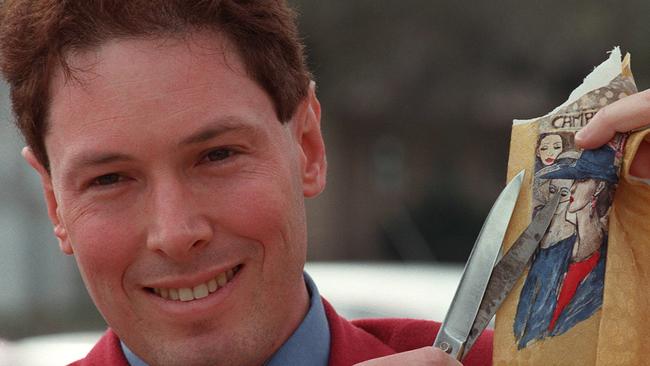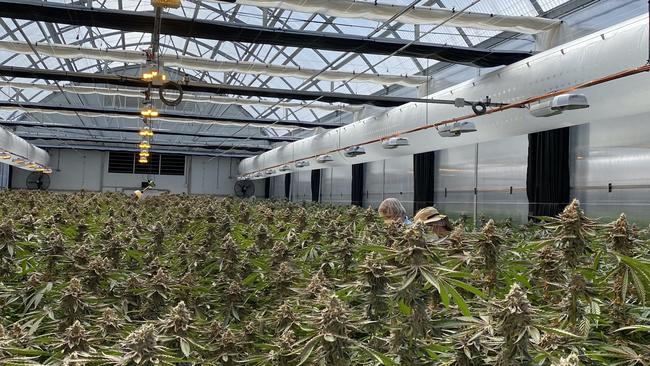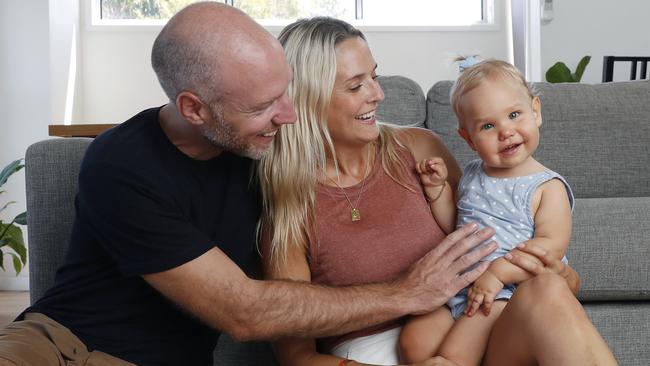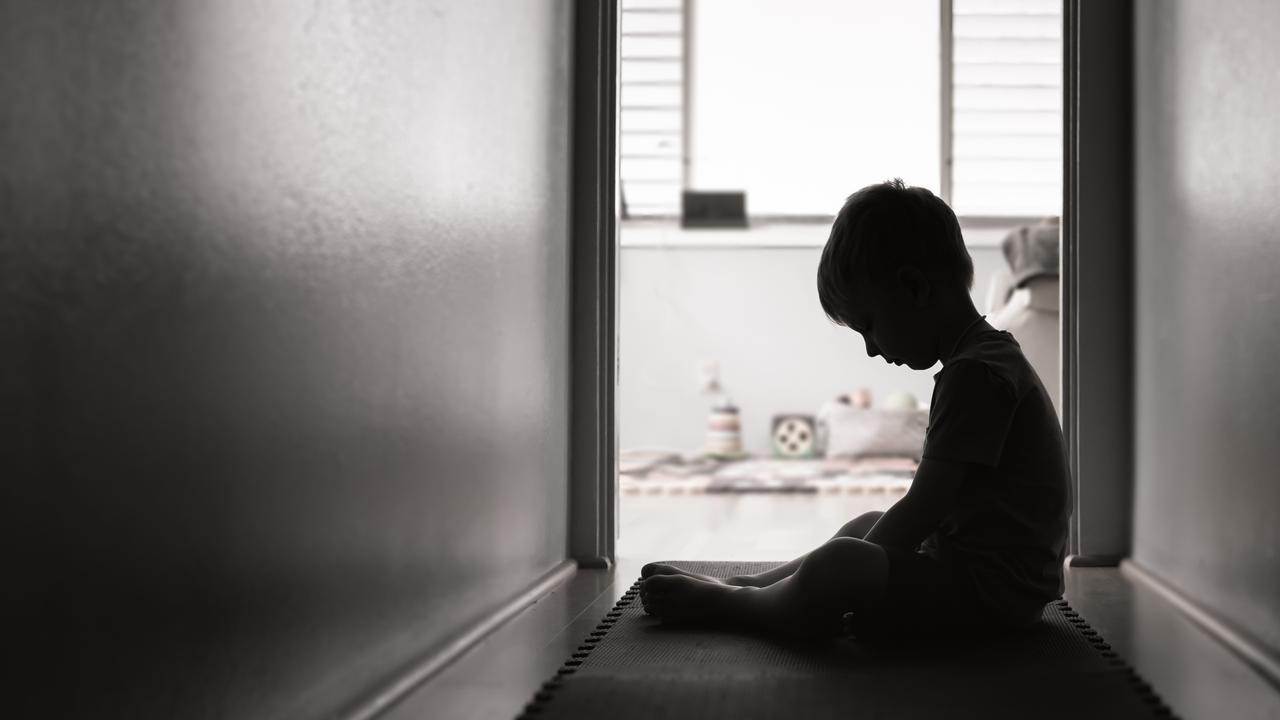Medical cannabis: Doctors get new diploma to bust marijuana myths
The new university-approved course aims to highlight the legitimate role marijuana can play in treating chronic illnesses.

NSW
Don't miss out on the headlines from NSW. Followed categories will be added to My News.
Australian doctors can now undertake a university-approved professional diploma in cannabis care in a bid to bust myths about the growing field.
The new course — the first of its kind in Australia — is being offered online by education provider HealthCert and Griffith University.
Course presenter Dr Joe Kosterich said there was still a lot of “mythology and misconceptions” about the benefits of medical cannabis and the course was designed to show doctors the “legitimate role” the drug can play in treating illnesses like anxiety, chronic pain, nausea, insomnia, IBS, auto-immune disorders and multiple sclerosis.

“There is still a lot of misinformation (about medical cannabis) … normally if a new drug is launched by the pharmaceutical industry, doctors get invited to dinners and there is a lot of marketing,” he said,
“But a lot of doctors don’t know about medical cannabis and don’t know how to find out about it. Education is important and, with any treatment in medicine, it is important that doctors know how it is used and where it can be used.”
Dr Kosterich, who is also an adviser for cannabis producer Little Green Pharma, said desperate patients who accessed the medication through the black market was a major concern.

“Medical cannabis is not for everybody, but neither is it an awful thing. It will be helpful for some people and it’s a lot safer than some of the medications being used now,” he said.
The course will contribute to doctors’ continuous professional development points and has been accredited by the Royal Australian College of General Practitioners and Australian College of Rural and Remote Medicine.
Erin Oudshoorn uses cannabidiol (CBD) to treat her 16-month-old daughter Luella who has an extremely rare form of epilepsy called West syndrome. She said it had helped reduce Luella’s seizures from more than 250 a day to fewer than 50.

“We had tried and failed about 15 antiepileptics and doctors say once you fail two, it’s considered incurable epilepsy,” she said.
“It took us eight months and 12 different oils to find one that provided relief but now the CBD gives her more cognitive ability and more motor function. She has started to roll. She sits independently now and she’s off the nasogastric tube.”
She said the course was a step in the right direction as many doctors she dealt with still considered the drug taboo.
“Medical cannabis has always been a cloak-and-dagger type scenario … there were a lot of people asking what I’m giving her and where it’s coming from. That’s where doctors need more education and need to understand the plant,” she said.
The course also teaches doctors about the socio-economic issues medical cannabis patients may be facing along with its medical benefits and the government requirements.





